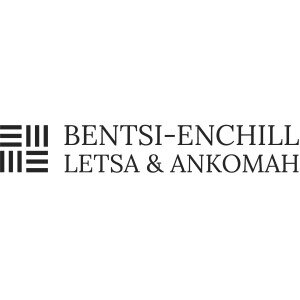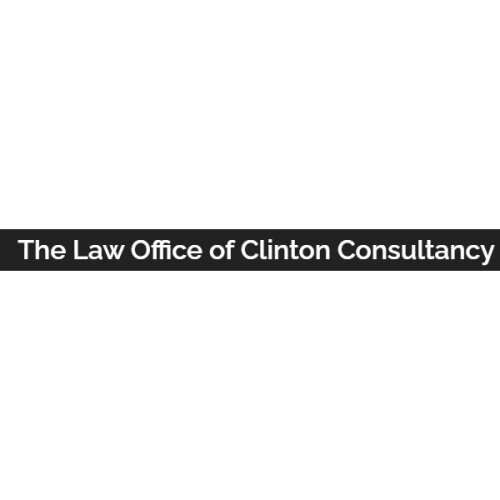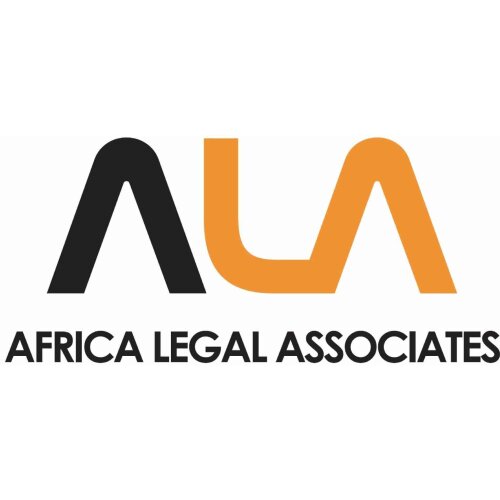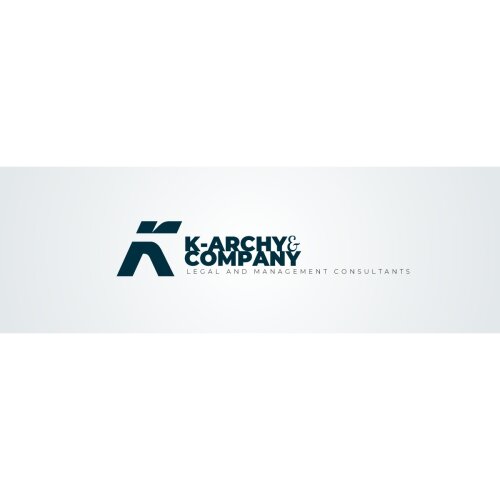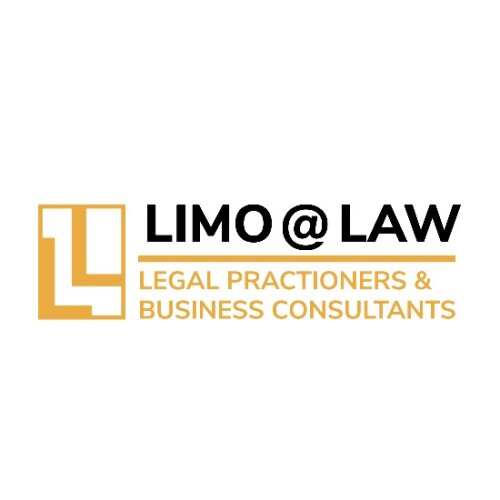Best International Trade Law Lawyers in Accra
Share your needs with us, get contacted by law firms.
Free. Takes 2 min.
List of the best lawyers in Accra, Ghana
About International Trade Law in Accra, Ghana
International Trade Law in Accra, Ghana, is a critical area of legal practice that governs the trade relationships between Ghana and other countries. It encompasses various regulations and treaties that dictate how goods and services are imported, exported, and traded internationally. This field of law is essential for businesses involved in cross-border trade, ensuring compliance with both domestic and international regulations. In Accra, the bustling capital of Ghana, international trade is pivotal to its economy, making International Trade Law an essential legal field.
Why You May Need a Lawyer
Engaging in international trade is a complex endeavor that often requires legal guidance. Here are some common situations where one might need a lawyer specializing in International Trade Law:
- Compliance with Local and International Laws: Ensuring adherence to Ghana’s trade laws, as well as international trade agreements and regulations.
- Customs and Tariffs: Navigating the complexities of customs regulations, duties, and tariffs can be daunting without expert legal advice.
- Trade Dispute Resolution: Legal assistance in resolving conflicts arising from trade agreements or disputes with international partners.
- Contract Negotiations: Expert advice on drafting and negotiating trade contracts and agreements.
- Intellectual Property Protection: Ensuring that trademarks, patents, and copyrights are protected under international law.
- Investment Laws: Legal guidance on foreign investment and implications for international trading operations.
Local Laws Overview
The legal landscape in Accra for International Trade Law is shaped by a combination of local and international regulations. Key aspects include:
- Import and Export Regulations: Laws governing the classification, valuation, and certification of goods.
- Taxation and Duties: Various tax regimes that apply to international trade, including VAT and excise duties.
- Trade Facilitation Policies: Initiatives aimed at simplifying and expediting the process of international trade.
- Regulatory Bodies: The role of the Ghana Revenue Authority and other bodies in enforcing trade regulations.
- Trade Liberalization Efforts: Ghana's participation in regional and international trade agreements like ECOWAS and the African Continental Free Trade Area (AfCFTA).
Frequently Asked Questions
1. What is the importance of International Trade Law?
International Trade Law ensures that trade transactions between countries are conducted fairly, transparently, and in compliance with both local and global regulations.
2. How does Ghana's participation in international agreements affect trade laws?
Participation in agreements such as ECOWAS and AfCFTA influences local trade policies and provides opportunities for reduced tariffs and improved market access.
3. What are the common trade barriers businesses may face in Ghana?
Trade barriers can include tariffs, import quotas, subsidies, and non-tariff barriers like regulatory measures and quality standards.
4. How can I resolve a trade dispute in Ghana?
Legal recourse for trade disputes may involve arbitration, mediation, or litigation, depending on the terms of the trade agreement.
5. What role does the Ghana Revenue Authority play in international trade?
The Ghana Revenue Authority manages customs duties, taxation, and ensures compliance with trade regulations.
6. Are there incentives for businesses engaged in international trade in Ghana?
Yes, certain incentives like tax breaks and duty exemptions are offered to encourage export and attract foreign investment.
7. What are the steps for acquiring an import/export license in Ghana?
Businesses must register with the Registrar General’s Department and apply through the Ghana Export Promotion Authority or related bodies for the requisite licenses.
8. Can foreign companies participate in Ghanaian trade?
Yes, foreign companies can participate but must comply with local laws, including foreign investment regulations and registration processes.
9. What is the process for securing trademark protection in international trade?
Trademarks should be registered in Ghana through the Registrar General’s Department, with consideration for international filings where applicable.
10. How can a lawyer assist with trade contract negotiations?
A lawyer ensures that trade contracts are comprehensive, compliant with applicable laws, and protect the stakeholder's interests against potential risks.
Additional Resources
For further information and assistance regarding International Trade Law in Ghana, consider the following resources:
- Ministry of Trade and Industry: Offers guidance on trade policies and regulations.
- Ghana Export Promotion Authority: Assists businesses in understanding export processes and opportunities.
- Ghana Revenue Authority: Provides information on customs duties and tariffs applicable to international trade.
- Ghana International Chamber of Commerce: Promotes international trade and provides resources for businesses.
- Legal firms specializing in International Trade Law: Professional legal firms offer tailored advice and services.
Next Steps
If you require legal assistance in International Trade Law in Accra, Ghana, consider the following steps:
- Assess Your Needs: Identify specific areas where legal guidance is required, such as compliance, dispute resolution, or contract negotiation.
- Select a Qualified Lawyer: Look for legal professionals or firms that specialize in International Trade Law with experience in Ghanaian regulations.
- Consultation: Schedule a consultation to discuss your needs, understand potential challenges, and explore solutions.
- Review and Retain: Review the lawyer’s experience, track record, and fees before retaining their services for your case.
- Engage with Relevant Authorities: Work with your lawyer to engage with necessary government bodies or organizations involved in international trade.
Lawzana helps you find the best lawyers and law firms in Accra through a curated and pre-screened list of qualified legal professionals. Our platform offers rankings and detailed profiles of attorneys and law firms, allowing you to compare based on practice areas, including International Trade Law, experience, and client feedback.
Each profile includes a description of the firm's areas of practice, client reviews, team members and partners, year of establishment, spoken languages, office locations, contact information, social media presence, and any published articles or resources. Most firms on our platform speak English and are experienced in both local and international legal matters.
Get a quote from top-rated law firms in Accra, Ghana — quickly, securely, and without unnecessary hassle.
Disclaimer:
The information provided on this page is for general informational purposes only and does not constitute legal advice. While we strive to ensure the accuracy and relevance of the content, legal information may change over time, and interpretations of the law can vary. You should always consult with a qualified legal professional for advice specific to your situation.
We disclaim all liability for actions taken or not taken based on the content of this page. If you believe any information is incorrect or outdated, please contact us, and we will review and update it where appropriate.



